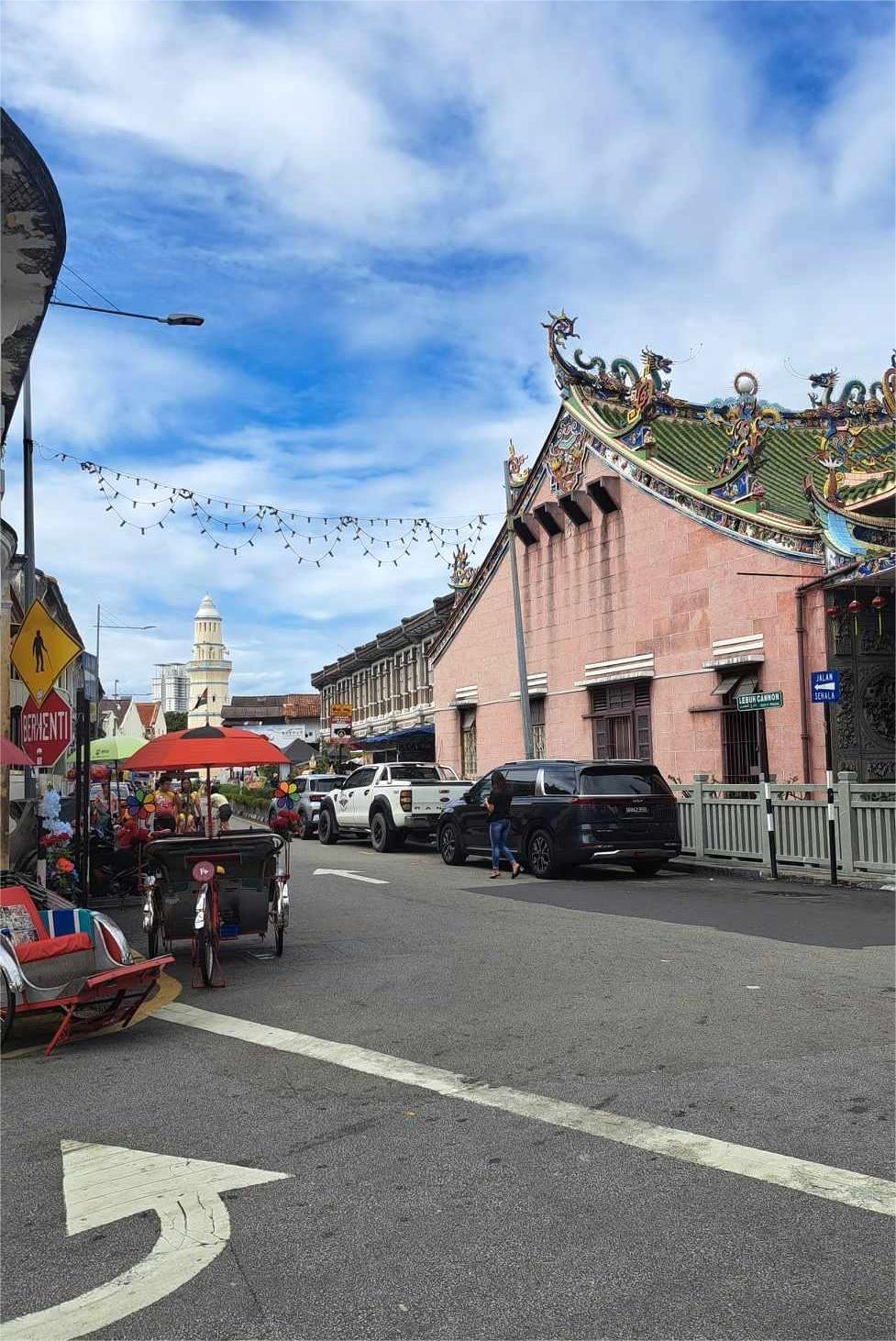Rediscovering My Heritage
Growing up, my childhood was steeped in a blend of languages and traditions that, at the time, seemed normal. My Ah Gong (grandfather) spoke what I believed to be a mixture of Malay and Hokkien, while my Ah Ma (grandmother) predominantly spoke Hokkien. It wasn’t until much later that I began to question the language my Ah Gong used and his proud self-identification as a Baba. As I delve deeper into my roots, I’ve embarked on a journey to understand the complexities of Baba Malay, my cultural heritage, and the identity that I’ve wrestled with throughout my life.
Orang Cina Bukan Cina
For many years, I assumed my ethnicity was straightforward—I was Chinese. This assumption was further reinforced by what we were taught in school, where the nuances of cultural identities like Baba Nyonya were often overlooked. Society, too, played a role in this oversimplification, gaslighting those of us who didn’t fit neatly into predefined categories. Being listed as ‘Chinese’ on paper came with an expectation: you must speak Chinese, embrace Chinese traditions, and identify solely with Chinese culture.
My Ah Gong’s claim to being a Baba—part of the Straits Chinese community known for their unique blend of Chinese and Malay cultures—began to intrigue me. But why was I suspicious? Perhaps it was because the story of the Baba Nyonya community, with its rich heritage, was one I had not been taught.
The Colonial Impact
Historically, the Nyonya’s skills in cooking and embroidery were passed down through women, while their language blended Hokkien with Malay. However, political changes played a significant role in reshaping identities. Under British colonial rule, the government implemented a racial categorization policy that divided people into three main racial groups. Over time, the distinctions between these groups blurred, leading many Baba Nyonya descendants to forget, or perhaps ignore, their unique heritage. Today, descendants of the Baba Nyonya community have lost touch with their heritage and many simply identify as Chinese, unaware of the rich cultural tapestry that underpins their identity.
Now, I’m embarking on a journey to rediscover my heritage and address my ongoing identity crisis. As I navigate this journey, I find myself embracing the richness of my cultural heritage, no longer content to fit into the narrow boxes of ethnicity. Instead, I am learning to appreciate the layers of language, tradition, and history that make up who I am.
In a world that often demands simplicity, I am discovering the beauty of complexity—and in doing so, I am finding peace with my own identity. Alongside this, I am eager to delve deeper into the language spoken by my grandparents to fully understand and appreciate its significance.
